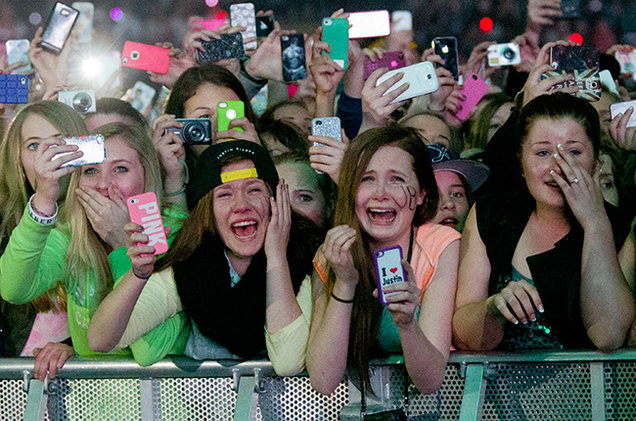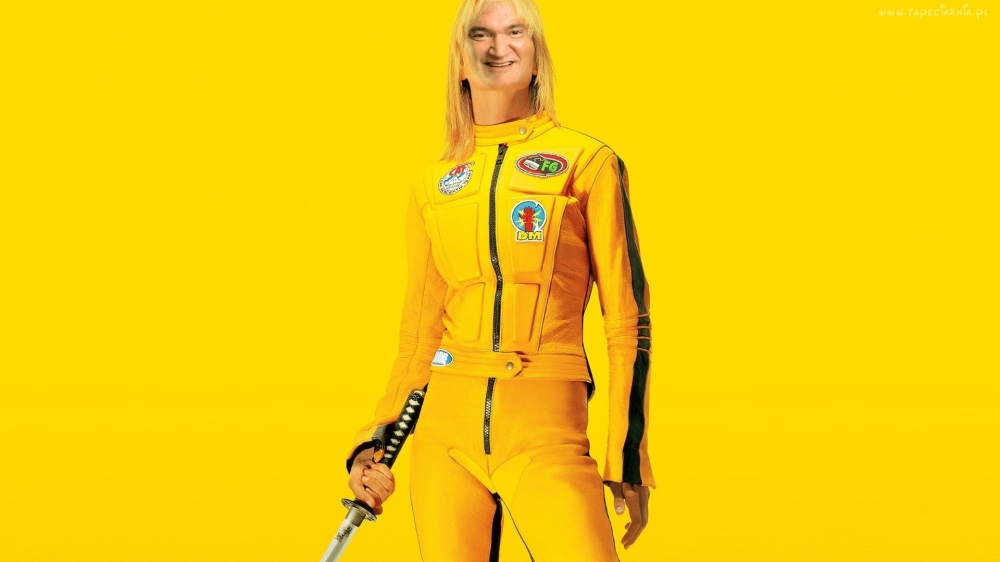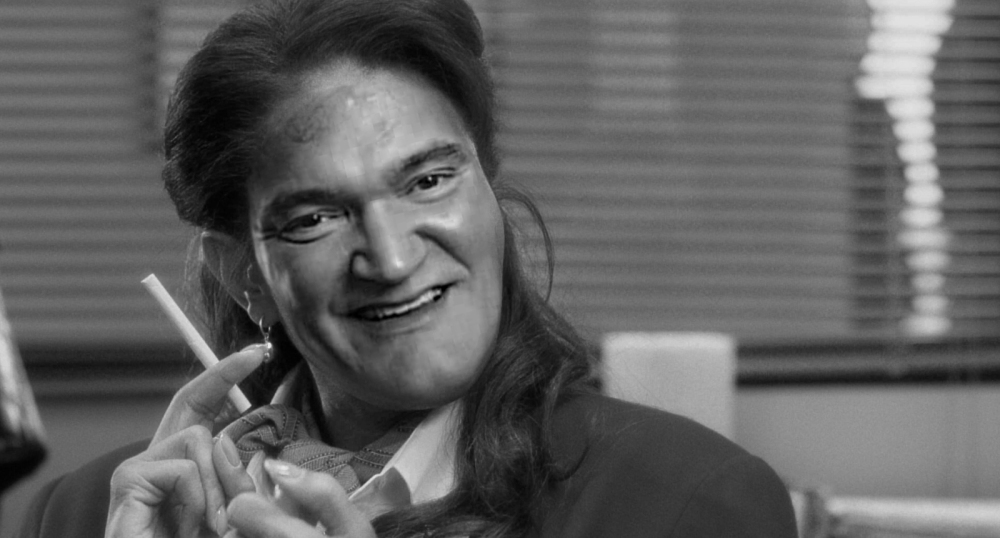– Identity and its various facets/faces –
Who are we when we are at home? Who are we when we are at work? Who are we when we’re walking down the street? Who are we when…. The list can go on.
Identity is a very curious and intricate thing. One that I don’t think I will ever fully understand. Who are we really? How do you even begin to answer that… An online blogger, Lene Troubo, says ‘my identity during ‘school hours’ is defined by my job as a researcher. For the rest of day it is defined by my role as a parent. When I step into a church another identity defined by religion overlaps the other identities. When I am online, depending on which social media I am using, my online identity can be more or less predominant.’ (https://www.globaltrends.com/2013/02/25/the-many-faces-of-identity/).
Therefore what I extract from this and can agree with is that our identity is dependent on the environment we find ourselves, changing from one to another as we walk out of one room and into an other. I believe it is something we all experience; when I am at university I am my student self; focused, driven, perfectionist, aims and goals in mind. When I am at work, I am ‘just’ a seasonal sales assistant so I feel less powerful than I might do at university because my role at work is seen and treated as the lowest one in the ‘food chain’…and so that affects the identity I take on in that space; I am not me, I have a mask on, all I am is good customer service, an appropriate professional self, there is no personal or emotional connection to what I am doing or where I am. But, I do believe this changes wether you like what you are doing and where you are. When I am at home with my family, I am the middle child and I assume that role; I am the cheeky one, the one that makes noise, the one that breaks the rules and is a rebel!
The point is, we assume the roles that go with the environment we find ourselves. But what happens when there is no role to assume? When we are just walking down the streets and there is nothing to be but just ‘be ourselves’…? How is that identity constructed and what does it consist off? I believe we need things we ”identify” with to understand who we are. What we like tells us and others around us a lot about ourselves. ‘Identity is the story the modern I constructs and tells about the me’ (Self and Identity : Fundamental Issues: Fundamental Issues edited by Richard D. Ashmore Professor of Psychology Rutgers University, Lee Jussim Associate Professor of Psychology Rutgers University).
This is where fandoms come in. The way we dress is possibly the most obvious and popular way of comforting ourselves in who we are and telling those around us what we are about without actually having to verbalise it. So, if you are really into a certain music style, your dress style will show that. Specially if there is a style to go with that music. For example hip hop, rap or R’N’B, rock music and all it’s variations, K-Pop… They all have prominent styles that everyone can recognise. Therefore others will immediately classify you as a certain type of person or at least recognise your ‘vibe’ or taste which conveys ideas and values.
Same goes with if you are fan of manga for example, or super fans of Harry Potter, The Beatles, David Bowie, etc…There is a high chance it will show in your dress sense. You are communicating something about your story, your narrative. This narrative will feel unique to you because it is yours, it is personal. But the truth is you are not the only fan, you are part of a community of The Beatles fans for example. Your great love for your fandom that constructs a great part of your identity is therefore not so unique, but because of it you are part of something. It will socially integrate you (into one community) and at the same time socially differentiate you (from other communities).
With fashion comes mass-produced taste. Every community has a certain aesthetic when it comes to its fashion.Therefore there must be some codes to follow or fit in order to be a part of it, to recognise and to be recognised as a ‘true’ fellow fan. Therefore how personal are the choices you make if there are already set tastes?
”What if every choice we ever make was already made for us? ”
(First sentence of the summary to the movie Identity, with John Cusack)
What I am coming to is that maybe your identity is already set and chosen once you start liking something, once you become passionate about something. This brings me to think that maybe the more passionate you are about your fandom, the less personal your identity is? I will finish off with this quote from Ru Paul that will give us something to think about:
”Most people believe that they are actually the character they portray”
– Tweet by Ru Paul






 Today I will be reviewing the exhibition ‘’Game plan: Board Games Rediscovered’’ from the V&A Childhood Museum in Bethnal Green. The exhibition was designed by the studio Thomas.Matthews and opened on the 8th of October this year and the last chance to see it will be on the 23rd oF April. It is a showcase of over 100 object; board games from all over the world. It is a blend of traditional style exhibition and not; due to its’ interactive side which I witnessed families, couples or parent and child enjoy whilst learning the history of their favourite games.
Today I will be reviewing the exhibition ‘’Game plan: Board Games Rediscovered’’ from the V&A Childhood Museum in Bethnal Green. The exhibition was designed by the studio Thomas.Matthews and opened on the 8th of October this year and the last chance to see it will be on the 23rd oF April. It is a showcase of over 100 object; board games from all over the world. It is a blend of traditional style exhibition and not; due to its’ interactive side which I witnessed families, couples or parent and child enjoy whilst learning the history of their favourite games.



